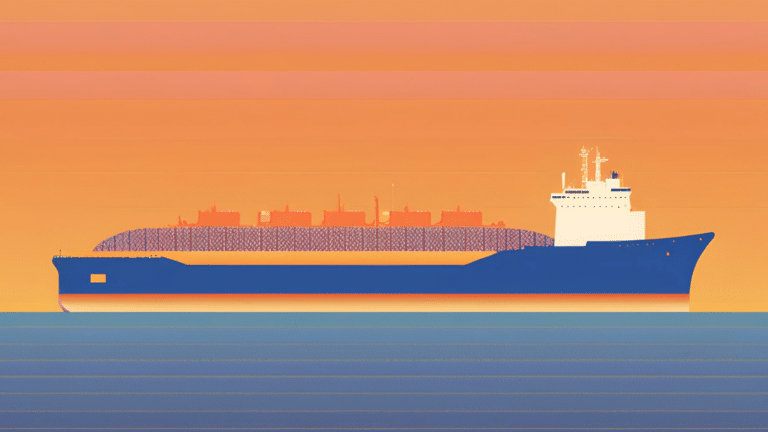Center on Global Energy Policy Announces New Scholars and Staff from US Government and the Private Sector
The Center on Global Energy Policy (CGEP) at Columbia University SIPA today announced new personnel additions who bring extensive experience from government and the private sector to the...






